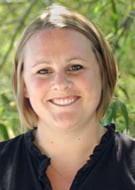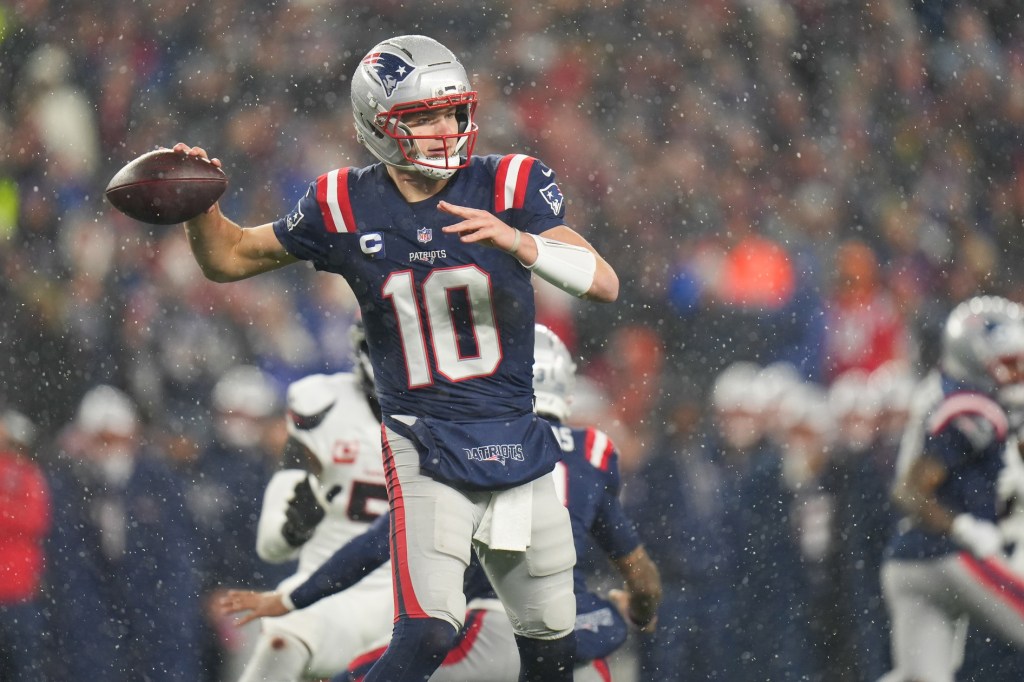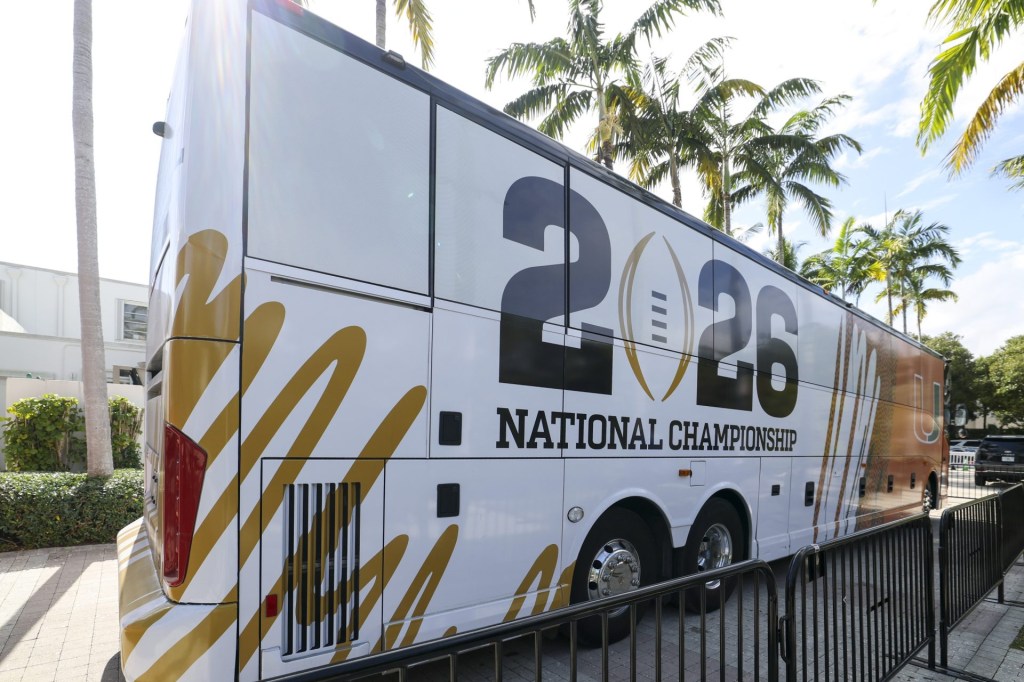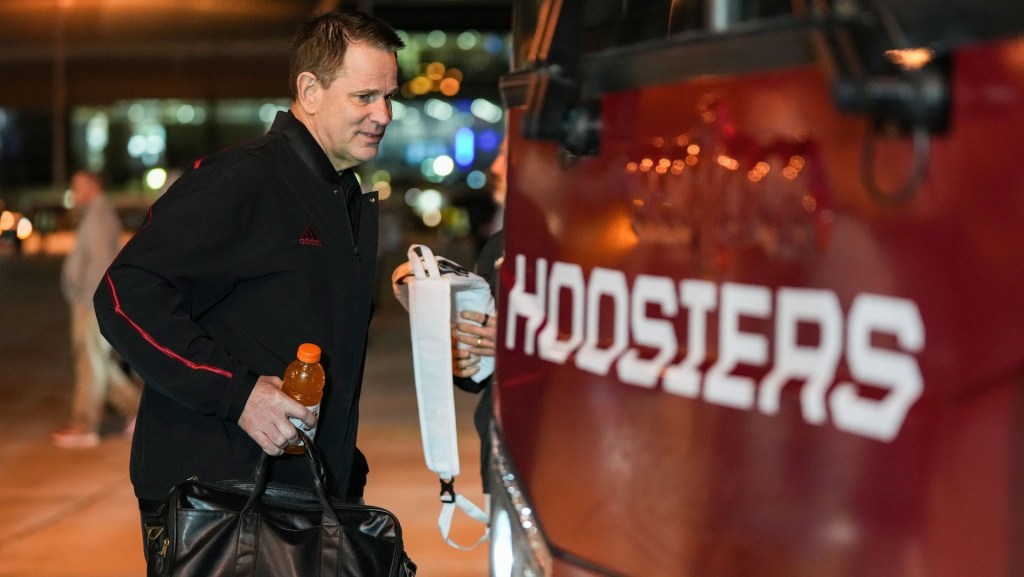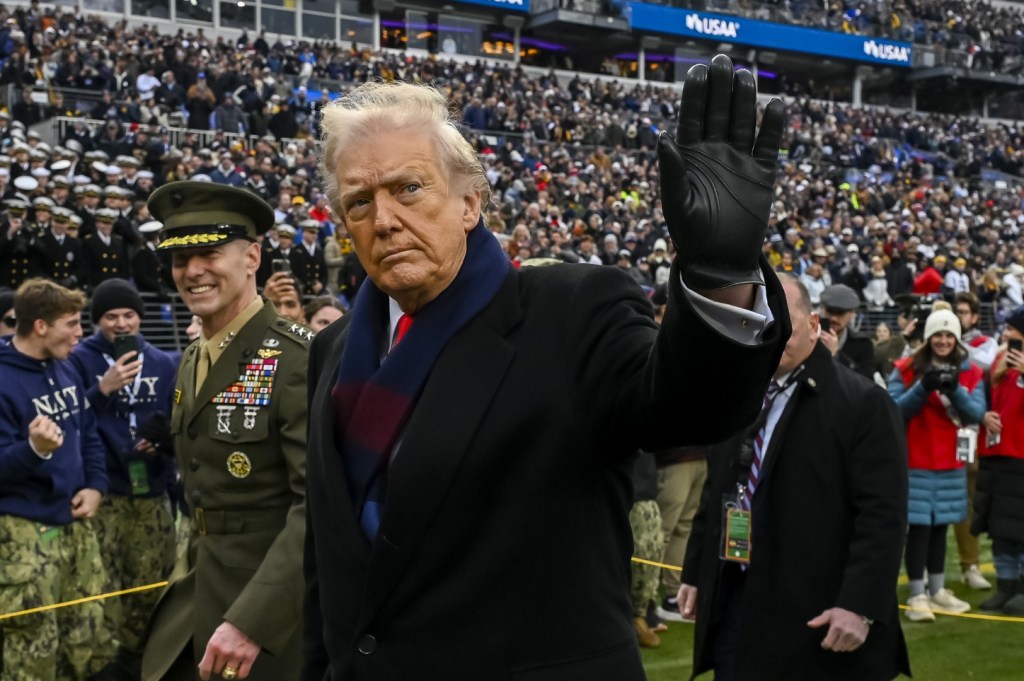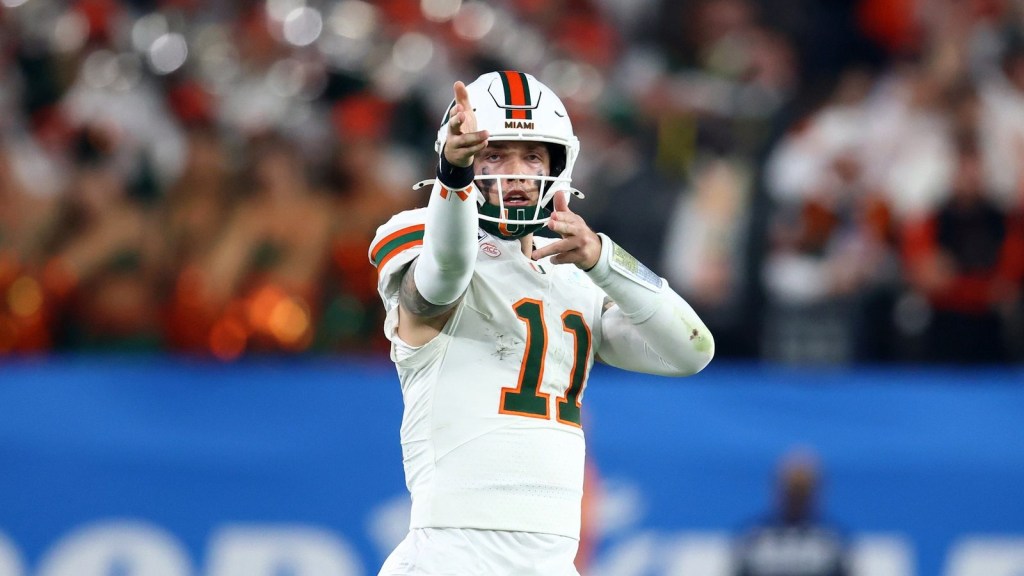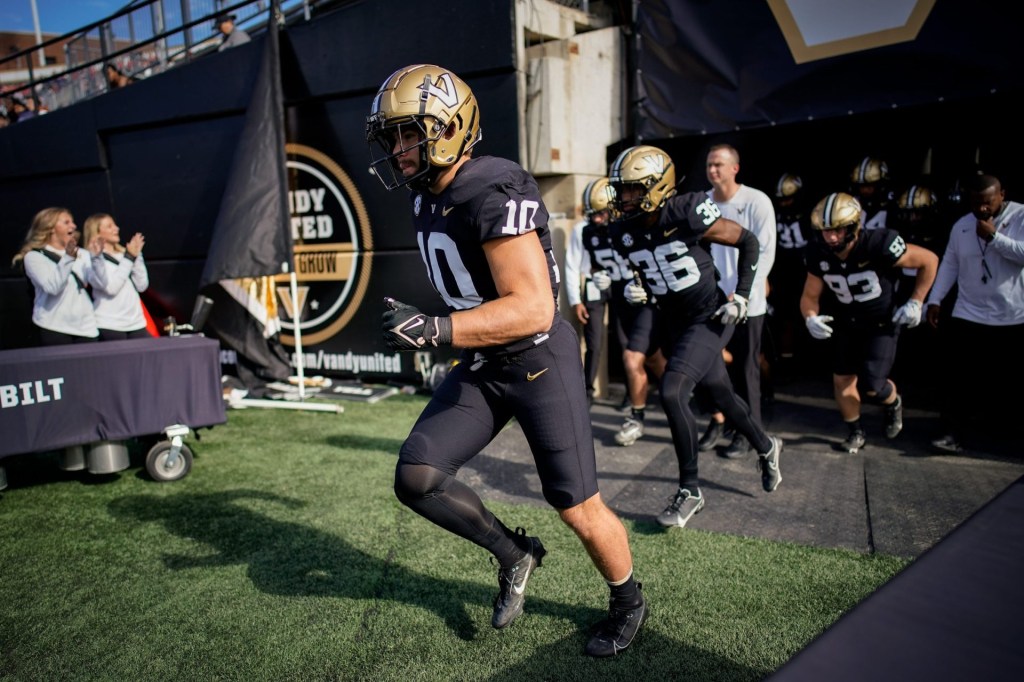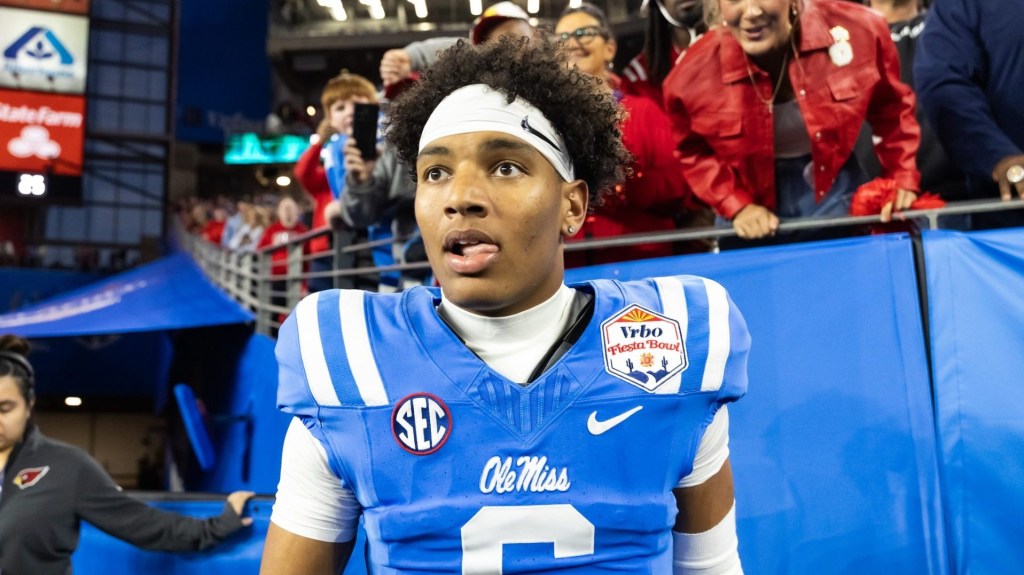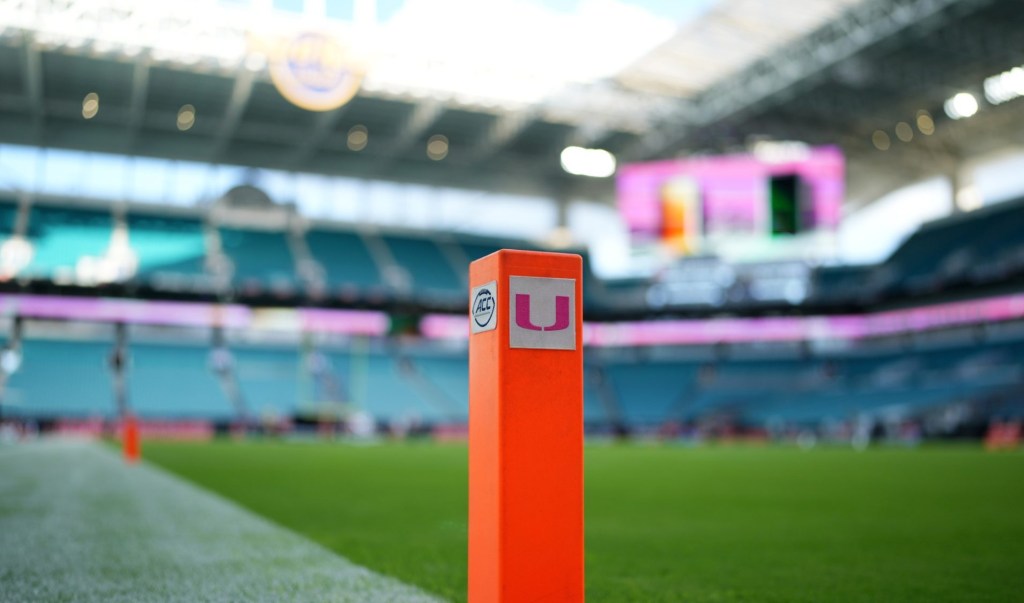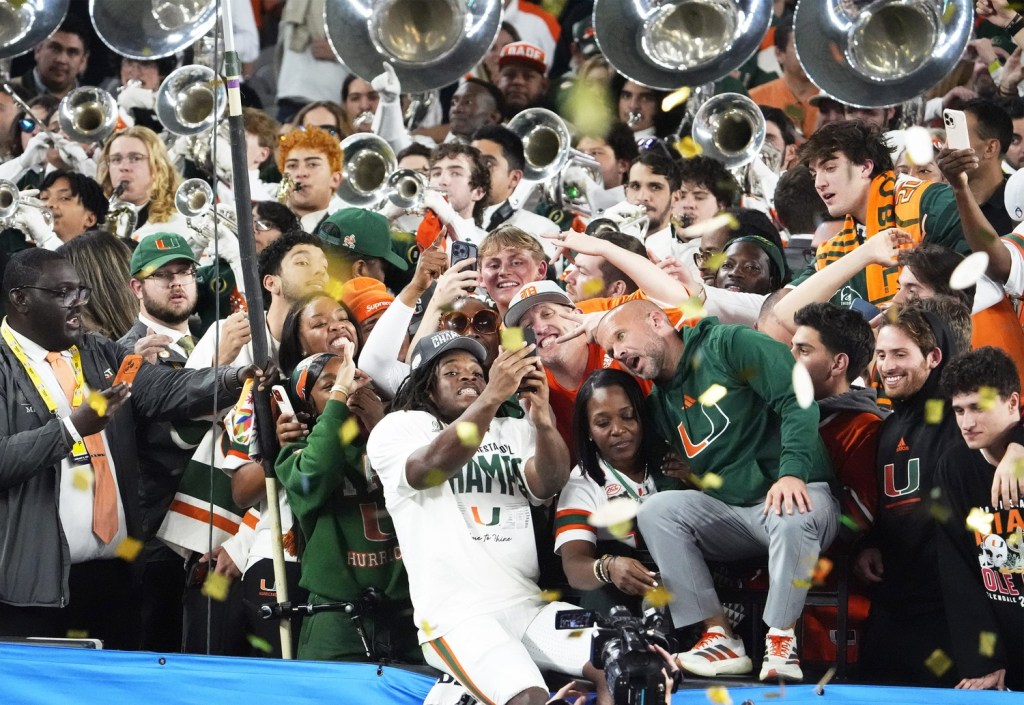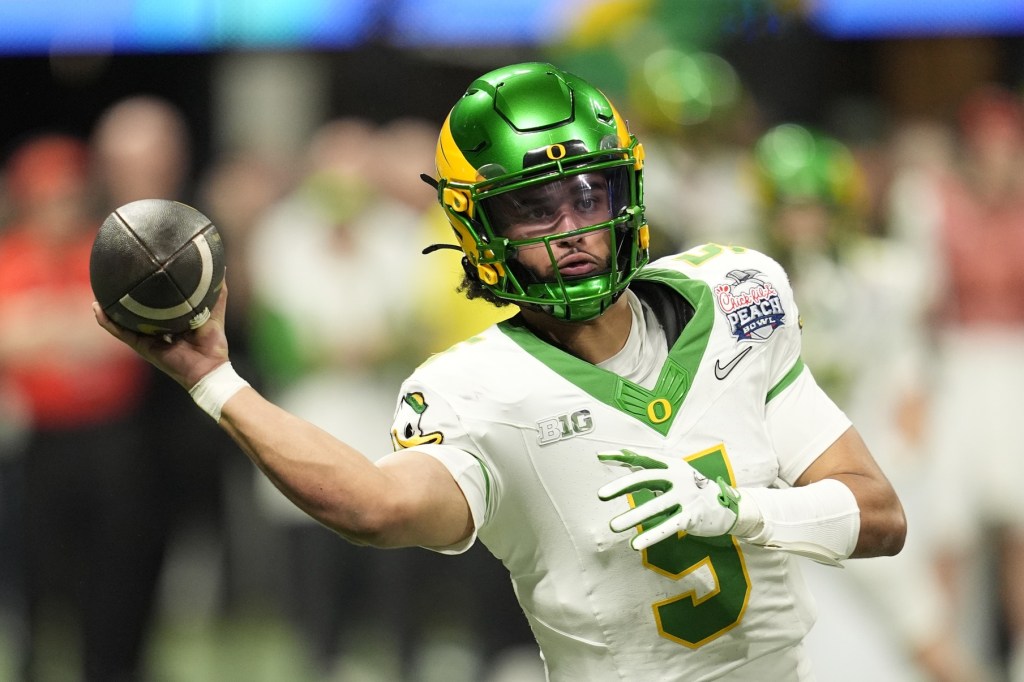By: Travis Gorsch, @tgorsch3

Front Office Sports is proud to have sat down with Hannah Olson, Program Administrator & Lecturer at the University of Washington Center for Leadership in Athletics. Hannah was gracious enough to offer up her time and insight into the importance of relationships, wearing many hats, and always doing the little things exceptionally well. Hannah also gives some advice about getting your foot in the door and the value of community outreach.
You received your Bachelor’s in Psychology, Master’s of Education in Intercollegiate Athletic Leadership, and Ph.D. in Educational Leadership & Policy Study. Can you explain the importance of your education on your career?
I’m a true believe in higher education because I work in the field. The IAL [Intercollegiate Athletic Leadership] program is a very professionally based and practical program, which allowed me build that initial network and the relationships to get into the sports industry. I work now in the program that I received my master’s degree from which gives me a unique vantage point when considering the perspective and experiences of our students. My Ph.D. studies allowed me to focus my attention on specific areas in sports and education that are critical to the work I do at the University of Washington. Higher education, and the classroom work that goes with it, builds out a space for you to explore topics and dig deep into them philosophically.
You work directly with Academic Programs and Community Partnership & Outreach in your role with the Center. How did your experience as a former student athlete on the softball team at the University of Virginia help you?
In any professional role, I like to look at all the different hats that people wear and different perspectives they have and see if I can relate to them. Being a former student athlete allows me to wear as specific hat. The more hats and environments that you’ve been in, the more people you’re able to relate to. I interact with athletic directors, guest speakers, faculty, students, and many others. Any experience that you are able to pull from that allows you to be a relatable person and gives you context from where they are working is beneficial.
Since you are involved with the internship management aspect of the graduate program. What advice do you give them when trying to get their foot in the door?
We really preach and focus on the relationship piece and how to build meaningful and lasting relationships with people. In sports, you have to pay your dues and work your way up from the bottom. A lot of people get discouraged from the long hours. The responsibilities they have are a little less ‘sexy’ than they expect. But I think there’s always room for the best. So if they can make solid connections and focus on where they are right now they are going to be able to get themselves in to the industry. Positions and jobs are hard to come by and, in my role, I try to support them through that. Who can advocate on your behalf? I help them try to uncover that. I push them to work a little harder when they don’t think they can. I push them to continue to strive for their long-term goals.
Your first position at the University of Washington was as a Student-Athlete Advisor and Interim Life Skills Coordinator. What difficulties did you face and what challenges did you overcome getting your foot in the door?
I got my foot in the door through seeking my master’s degree. I was able to use my status as a graduate student to get my first opportunity in the sport’s industry.
One of the biggest challenges I faced was being young and ‘green’. My colleagues saw me as a student-athlete or a young student. My response to that was to do high quality work and do all the little things right. Be someone that people wanted to be on a team with and someone they could depend on. Do that on a daily basis. That allowed me to transition from being a young student to being a young professional early in my career.
When you’re not working at the University it seems like you were busy coaching softball in some capacity. How has coaching helped prepare you for your role at UW [University of Washington]?
Coaching is a part of my DNA. It’s something that is so important to me and my life. Most athletes would say some of the most influential people in their lives were their coaches. All throughout my life I wanted to be that person, especially for young women.
Coaching overlaps almost 100% with the work that I do here at UW. We have a coaching program that I teach in and help with the curriculum. It allows me to connect with our students that are coaches really well. It helps me understand where they are coming from since what I’m teaching in the classroom I’m doing myself. There’s direct overlap there. I believe really good coaching is teaching and visa versa, and the foundation of both of them are relationships and relationship building. The root of motivating your shortstop on the field or a graduate student in the classroom is the same. There are parallels between all of it. It’s not necessarily work life balance but rather work life integration.
Your responsibilities in your current role include teaching, student advising, program management, marketing, event planning & execution, and research. Is there anything that you can’t do?
If you want to be a good educator, coach, or businessperson you can’t ever be satisfied with your skill set and where you’re sitting. I work in the cross hairs of education and athletics, which is a very fluid and dynamic space that is always changing. I would like to hope that I continue to evolve as a professional to understand the changing landscape of athletics and education how I can best prepare students to be successful in those contexts. It’s a volatile place in sports right now. Staying apprised in terms of all the things that are happening is important.
What importance does the community and youth development play in your current role?
We’re somewhat of a non-profit arm at the Center and I work with community organizations that are doing really cool and awesome stuff with youth sports and education. We serve as a place that those community organizations can convene and get resources. We try to connect them to one another, university resources, and national resources. Part of my job is to be connected to those organizations and their awesome work and understand what they are doing. It’s also important for me to know what some of their needs are.
You have some experience in marketing and events with the Seattle Mariners. What did you learn in your time in professional baseball? What brought you back to college athletics?
While you get the master’s degree in the IAL program you work full time. I was working simultaneously as a student-athlete advisor for the University of Washington and doing various internship roles with the Mariners. I loved the marketing, events and production piece with the Mariners and was offered a full-time position with them before I graduated. It was the first full-time job opportunity that I had.
At the M’s, I learned to produce high quality work, at a fast-pace, in a high visibility department. The team I worked with was phenomenal and their mentoring was some of the best I have received in my career. The opportunity to come back to the IAL program as a staff member opened up, and it was an opportunity to bridge all of my interests in one position. It primarily entailed working with students who wanted to work in college athletics, providing support for faculty, and running events and marketing initiatives for the program. I’m a true believer in higher education, I love college campuses, and I love students. It was hard to step away from the Mariners but it was a unique opportunity. Since then my position has evolved quite a bit. I get to wear a lot of different hats, which is cool.
What is your best piece of leadership advice?
Thomas Jefferson said ‘In matters of style, swim with the current; in matters of principle, stand like a rock.’ Being a strong leader means having a set of core values and things that drive you. I think of this as my moral compass, which are things I would never negotiate on. Simultaneously, it is important to be open to other perspectives and learn from what is around you. Relationships, relationships, relationships. To be a great leader you have to know how to connect with people in a meaningful, intentional and authentic way.
Parting Wisdom?
There are no small things. Whatever you’re doing, do it right and do it well.
We would like to thank Hannah for her time and insight and we wish her the best of luck in her future endeavors!
You can connect with her on LinkedIn here.
